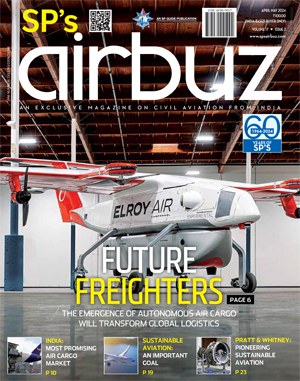Expert Speak - Helicopter operations hit by government Apathy
A variety of factors—ranging from infrastructural bottlenecks to an inflexible bureaucracy—has long stymied the growth of Indian business aviation, preventing it from achieving its huge potential. Now that a stable government is in place in Delhi, hopes have been raised that systemic shortcomings will be tackled with much-needed determination. SP’s Chief Special Correspondent Sangeeta Saxena spoke to industry bigwigs to garner suggestions and opinions on how best to go about the task.

Problems facing the helicopter operations in India are innumerable. Vintage airports, absence of systematically made heliports, dilapidated hangers, archaic equipment like fire tenders, are some of the visible drawbacks helicopter pilots face.
The Directorate General of Civil Aviation (DGCA) has no time for helicopter industry’s issues. It is the regulator who has to improve flying ambience, but unfortunately nobody in the government cares. Our pleas have fallen on deaf ears. Assurances have been given by the ministry but no action has been taken to improve conditions.
An international seminar on helicopter operations in India held in July 2007 included a meeting of the Helicopter Core Group, wherein issues pertaining to the growth of the country’s helicopter industry were discussed in detail. The meeting was attended by top officials of the civil aviation ministry, Airport Authority of India and the DGCA. A list of recommendations was compiled and circulated. After two years, we are still waiting for steps to be taken in the positive direction.
Some of the issues discussed in the seminar were shortage of pilots, air traffic control of helicopters, development of helipads and heliports, improvements in licencing systems for pilots, facility of filing flight plans and payment of airport charges in the domestic airport area, problem of travelling to military airports like Agra with foreign nationals and congestion in hanger areas. But these seem to be of academic value only and we are still waiting for the busy officials to lend us an ear.
At times, we feel we can push no further. But we will continue to fight for the betterment of our industry.





